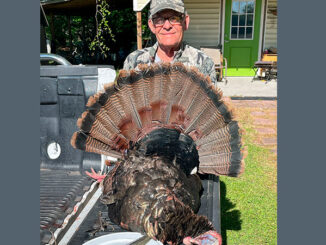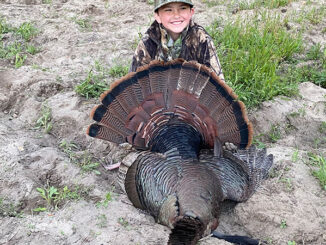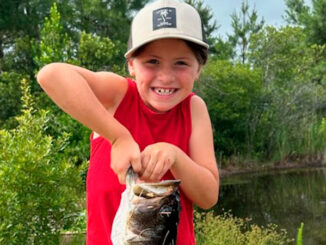
Weather and boat size are keys to bottom-fishing in the ocean.
During the summer, don’t expect to have smooth sailing every day. Many mornings feature calm seas, but often, winds increase after noon because of uneven heating of land and sea. Land heats more quickly than ocean waters, so heated air above land rises rapidly during the day, pulling cooler air from the ocean toward land.
Weather fronts also may cause strong winds, formidable waves, slippery footing on boats while fishing and rough waters during jarring boat rides to shore.
Before leaving land, guides and captains closely follow wind and sea conditions, so trust their judgment. Larger fishing vessels generally handle rough seas better than smaller ones. But be prepared to have trips cut short or postponed if seas become too turbulent or high winds and waves are expected.
Anglers who haven’t been offshore also should avoid alcohol and greasy foods. A careful pre-trip diet will help prevent motion sickness. Cold water, soft drinks and light snacks, such as sandwiches and peanut-butter crackers, are fine to eat on the boat. Dramamine, Bonine, Divertigo and other over-the-counter medicines may help prevent motion sickness.





Be the first to comment